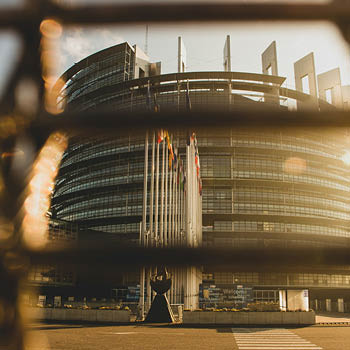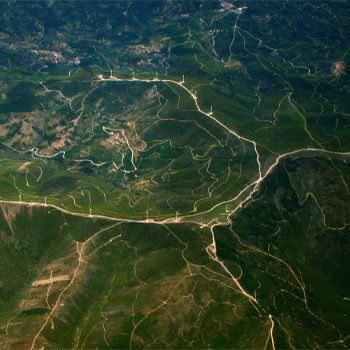Barroso’s Future in Parliament’s Hands
Who’d be leader of the British Conservatives in the European Parliament? No sooner had the European Conservatives and Reformists Group (ECR) been formed, with representation of eight member countries, than Finland’s Hannu Takkula decided not to join the group after all. He has chosen to remain with the Liberal ALDE group in deference to home party loyalty.
So the ECR is back to seven countries, the minimum number necessary to form an EP group and rather close for comfort. There is much debate over whether the group can survive. The 26 British Conservatives, 15 Polish MEPs from the Law and Justice Party led by the Kaczyski brothers and nine Czechs from the Civic Democratic Party form the core of the new grouping, with single members from Belgium, Hungary, Latvia and the Netherlands making up the total of 54. Seems to me it could be a rather flaky coalition.
The first test will be over the reappointment of Commission president Barroso. He is certainly desperate for the job. I’m told that he was in tears at the wind-up press conference at the June European Council, when he received a somewhat grudging, hedged-about approval.
Of course Barroso’s future is now in the hands of the European Parliament, where the EPP is keen for his nomination, the Greens and Socialists casting about for an alternative and the Liberal group divided: most UK members of ALDE are in favour of the nomination while François Bayrou’s six French liberals and Germany’s 12 FDP MEPs are against. The Conservatives seem likely to give Barroso their votes. However, there is strong pressure to await the outcome of the Irish referendum in October before a parliamentary decision.
There is much wheeling and dealing in the Parliament. Even with ECR support, the EPP cannot muster sufficient votes to give Barroso the simple majority he needs, so offers are being made to other party groups for the EP presidency over the second half of the five year mandate beginning in 2012. (The EPP will fill the post for the first 2 ½ years).
Matters are likely to come a head on July 9, when the conference of presidents is to decide on the timing of the vote for Commission president. If they opt for a July 15 vote, Barroso is probably home and dry. If not, then everything is to play for.
The end of a Commission mandate is always a difficult time, as political manoeuvring completely upstages the making of policy. This time it could be worse than ever, yet there are big decisions to be taken over the next six months, including response to the economic crisis and the Copenhagen conference on climate change. It will all be quite a challenge for the incoming Swedish presidency.
Find Out More
-
The EU year of change: Act 2
June 13, 2024
-
EU climate policy: The new borderlines?
May 27, 2024


